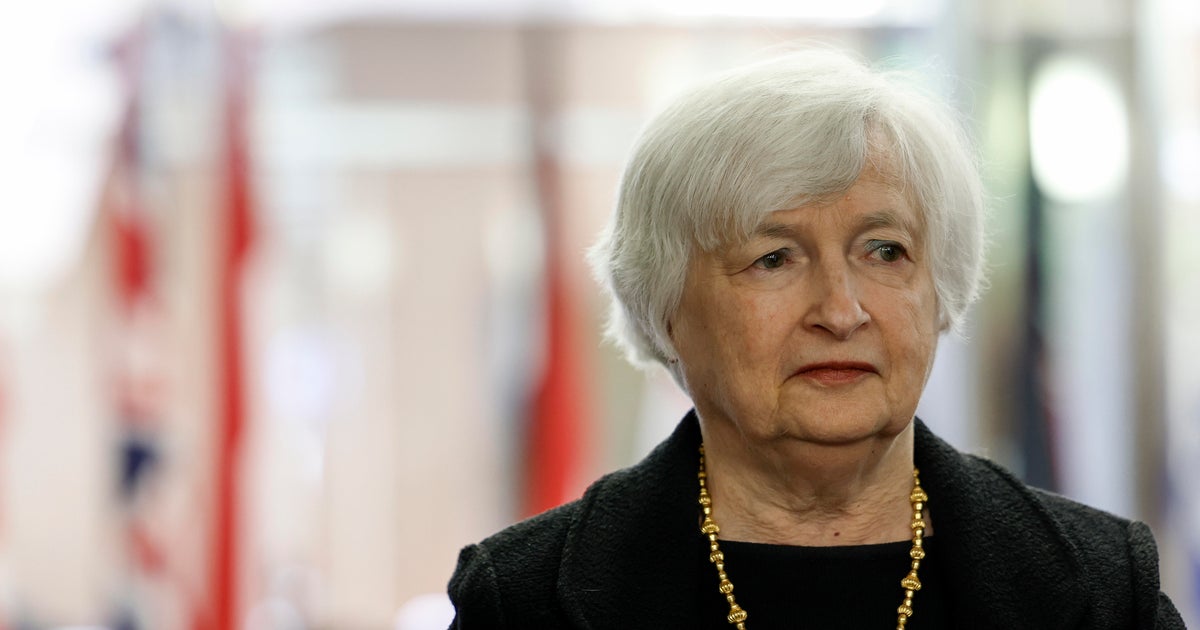Four Democratic senators call for keeping Russian compounds in Maryland and New York closed
Some lawmakers are issuing a warning call that next week's meeting between U.S. and Russian government officials should not to spur the opening of Russian compounds closed by the Obama administration after it concluded that Russia had meddled in the U.S. elections.
Four Democratic senators have written a letter to Undersecretary Tom Shannon, who will be meeting with his Russian counterpart on Monday, Deputy Foreign Minister Sergey Ryabkov.
"We strongly urge the State Department not to return the diplomatic compounds in Maryland and New York to the Government of the Russian Federation at this time," they wrote. "Simply put, the Russian government has done nothing to deserve renewed access to these compounds."
Senate Minority Leader Chuck Schumer, Senators Ben Cardin and Chris Van Hollen of Maryland, and Kirsten Gillibrand of New York hail from the two states where the compounds are located. They believe that keeping the compounds closed and being vigilant in the meeting next week will help "deny the Russian government the ability to advance its interests from within our own states."
Shannon has been tasked with dealing with some of the countries' irritants, including the compounds. The Shannon-Ryabkov meeting was originally scheduled for last month in St. Petersburg but the Russians cancelled it as the U.S. announced it would be continuing the sanctions.
The senators are asking Shannon to meet with the FBI, and they added that the Russian government's "nefarious intentions" toward the U.S. were clarified during in the 2016 election. They also note that the treatment of U.S. personnel in Russia – which reportedly included the slashing of U.S. diplomats' car tires, home break-ins, and some violent attacks – has not "markedly improved." That was a primary reason that the compounds were initially closed. At the time "it had reached Soviet levels," says one former U.S. government official told CBS News.
The Russians have warned of retaliating if the compounds are not opened. "There were several variants of a response and a harsh reaction is prepared," Russia's Deputy Foreign Minister, Sergei Ryabkov, told a Russian News agency.
The State Department would not reply to that threat. It has, recently as this week, said that activity was taking place in the compounds that was illegal. This further verifies that the closing of the compounds was not just about retaliating for the treatment of U.S. personnel in Russia.
"Part of the reason that the Russian Government was asked to leave its dachas here in the United States," explained Heather Nauert, State Department spokesperson, was "because we knew that there were some activities taking place in those dachas that were not permitted under U.S. law."
CBS News has reported that when U.S. officials entered shuttered Russian compounds last year they found damaged materials that could have been used in intelligence gathering and that former officials say could have been useful in the ongoing investigation into Russian interference in the 2016 election.
The closure of the Russian compounds in November of 2016 took place in conjunction with new Russian sanctions that included the expulsion of 35 Russians who the U.S. said were spies operating under diplomatic cover.
Just a few days ago, President Trump met with President Putin for the first time at the G-20. The U.S. and Russia also agreed, along with Jordan, to a ceasefire in Southwest Syria.



